Challenges paying for housing can worsen health, make repairs impossible, and lead to unwanted or unnecessary moves.
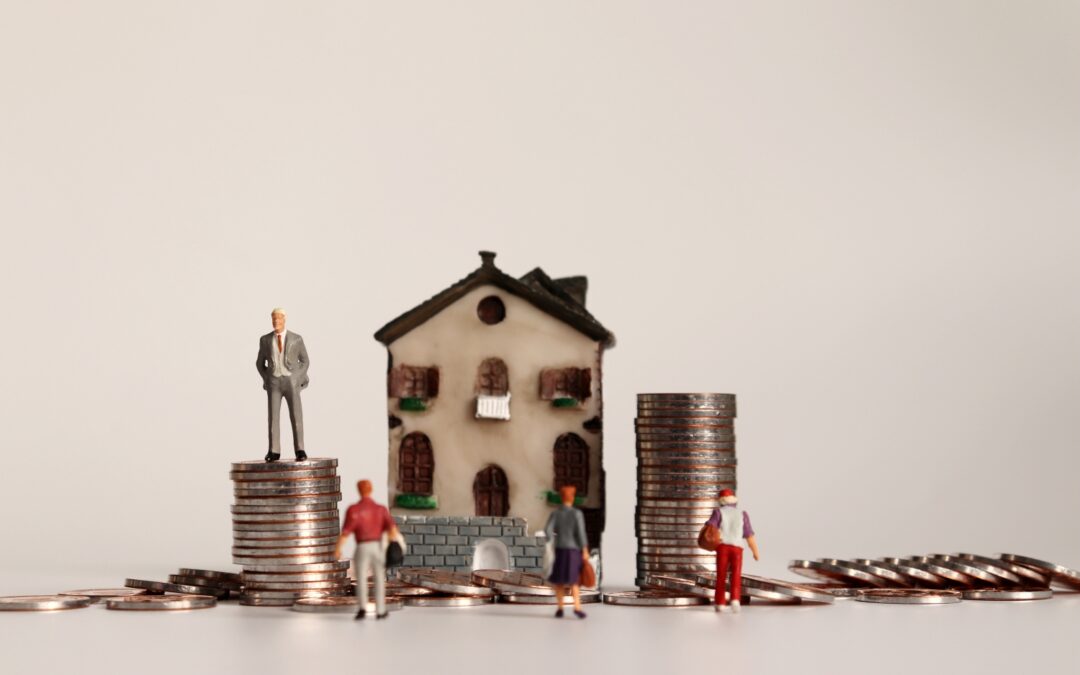

Challenges paying for housing can worsen health, make repairs impossible, and lead to unwanted or unnecessary moves.
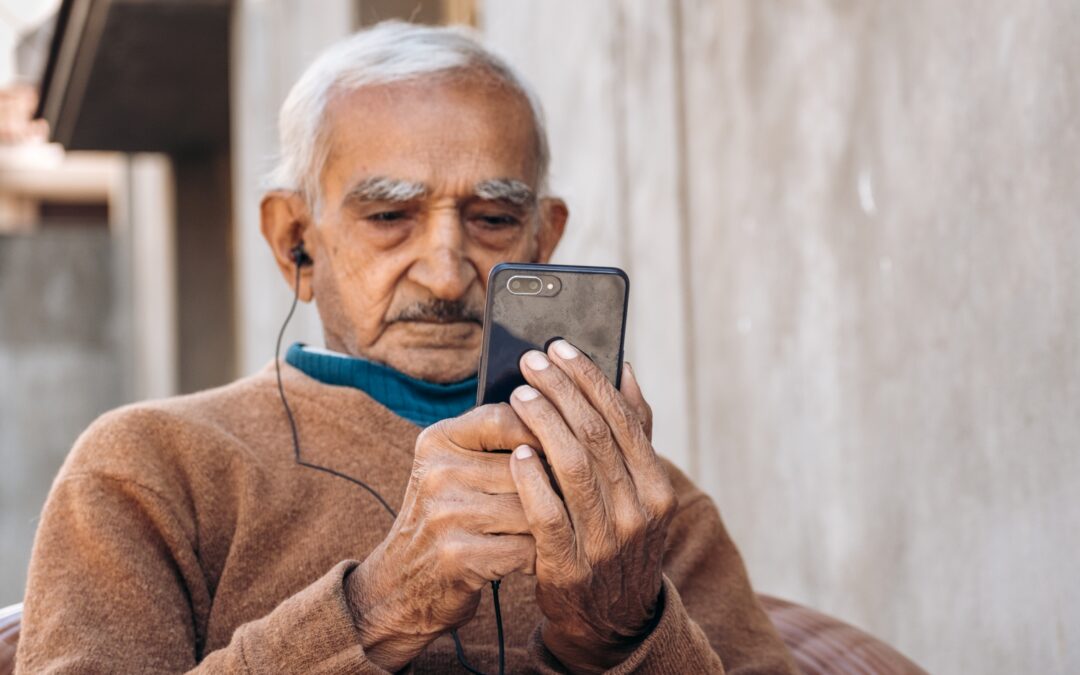
Bridging the digital divide is essential, yet politics may prevent our progress.

Potential challenges to living in increasingly warm climes, and how the Age-Friendly Communities Framework can help with prevention and planning.
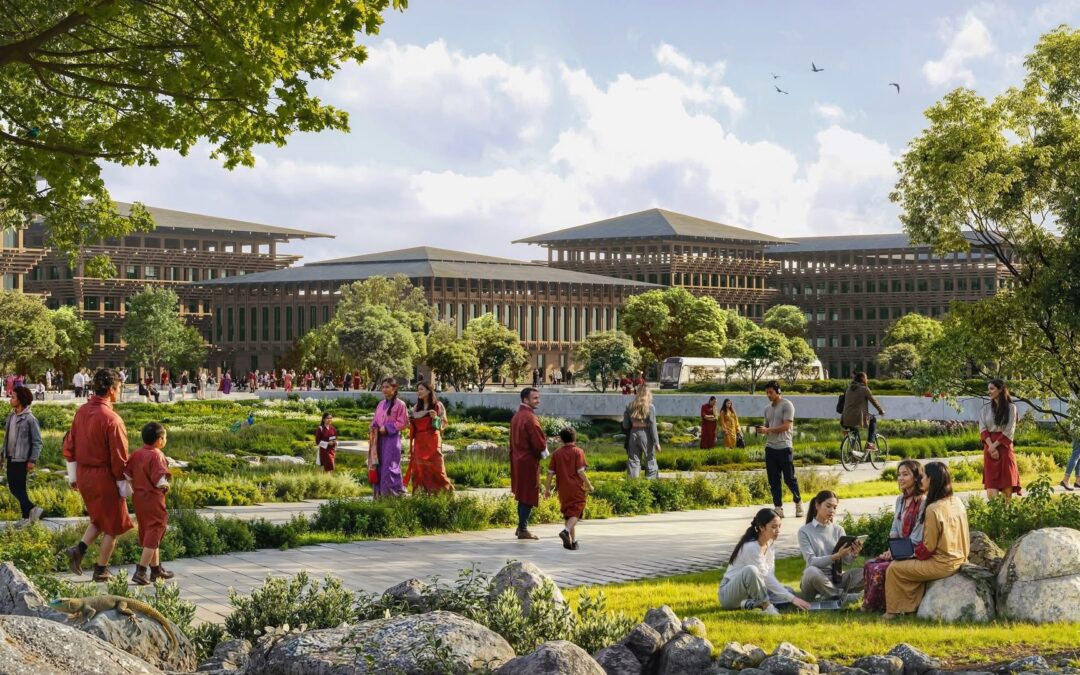
How our communities and local relationships can foster connection and social health, a pillar of health, well-being and longevity.
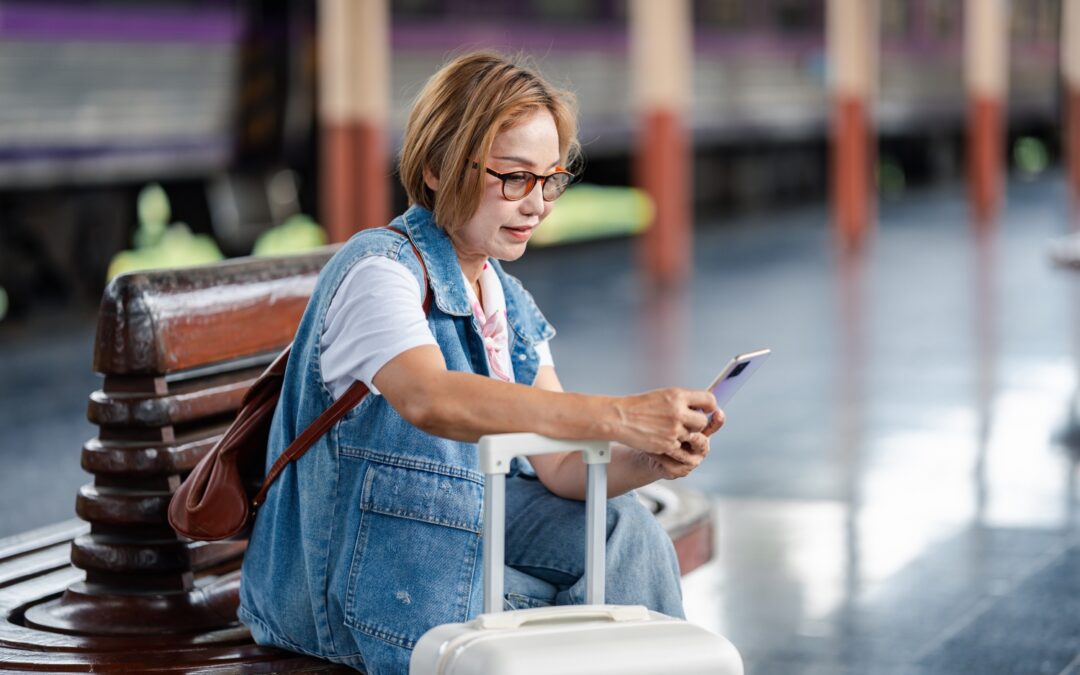
How we build belonging into digital spaces.
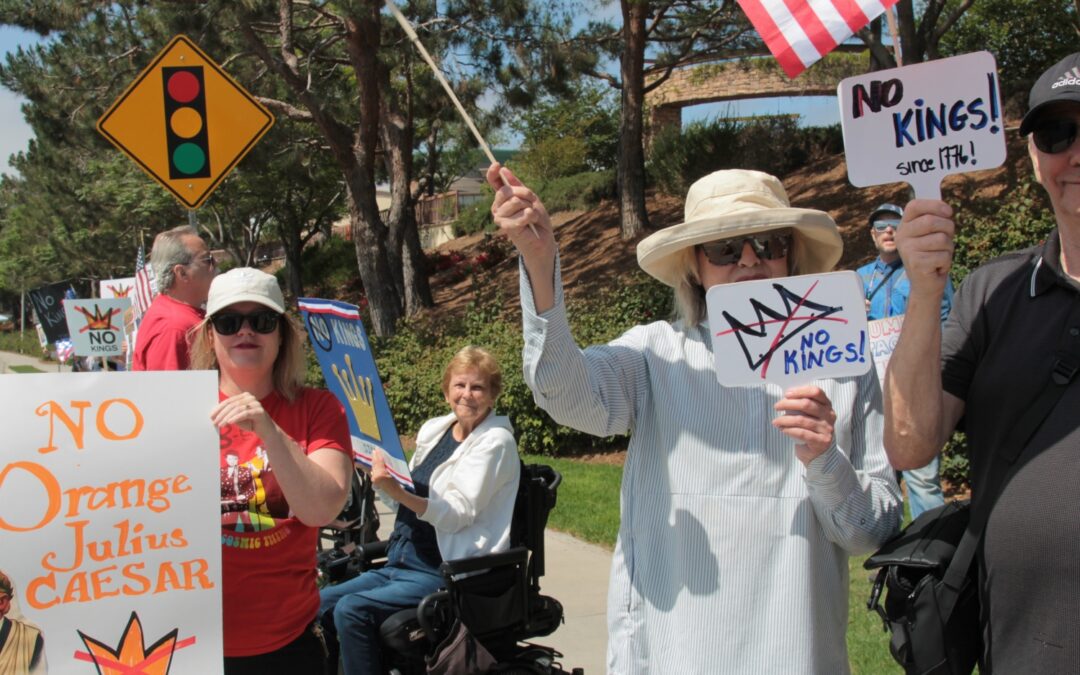
Shaped by the Civil Rights movement, Vietnam and Watergate, they’re back in force with no intention to stop until they succeed.
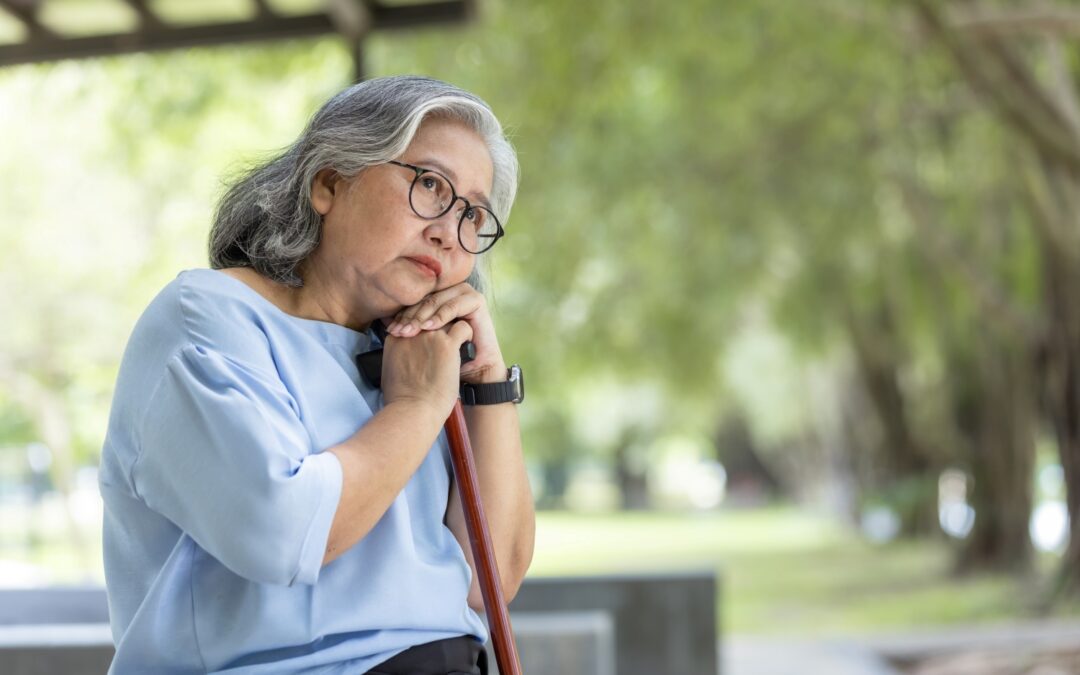
New West Health–Gallup state rankings reveal the answers from lived experience.
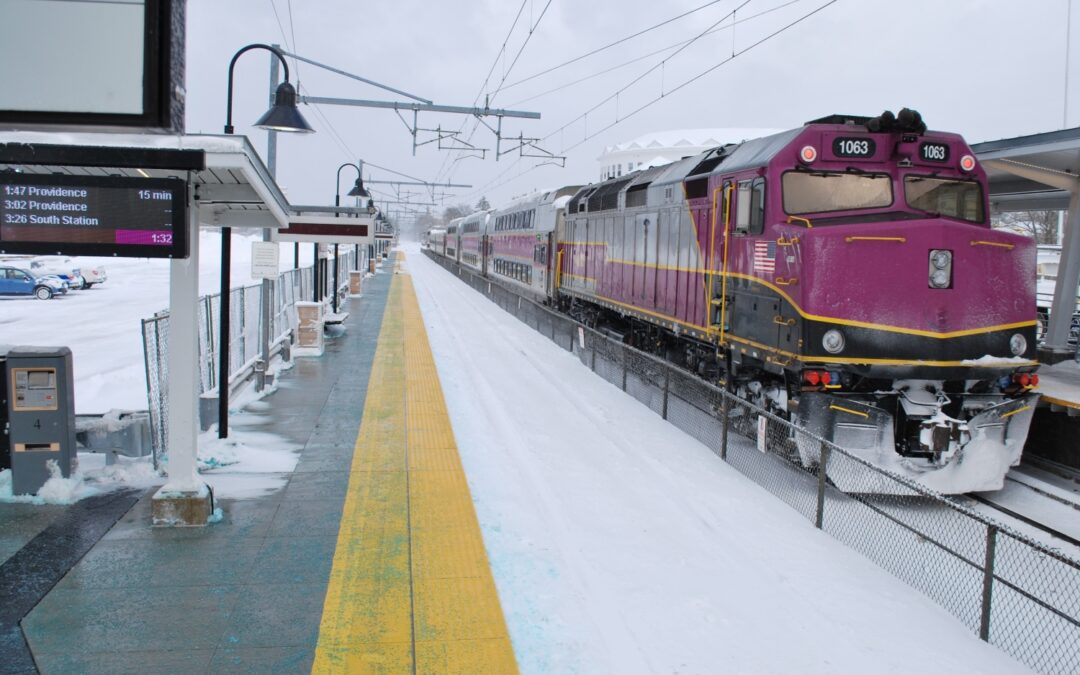
Activists are slowly seeing change on commuter trains in Boston and Chicago.

How retired NHLers stay healthy for their later years.
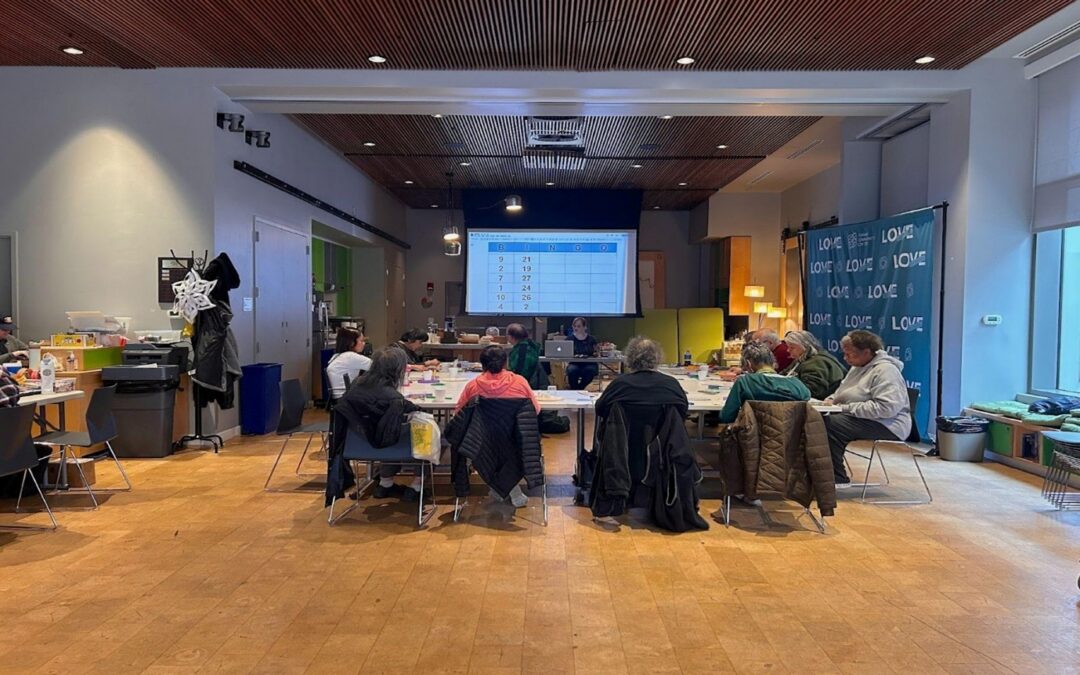
When isolation does not define retirement.
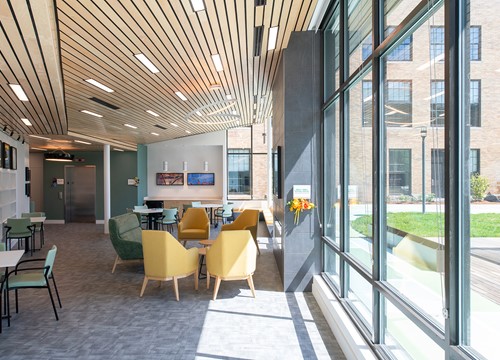
Affordability, unity and companionship are built into this LGBTQ+ welcoming senior housing development in Boston.
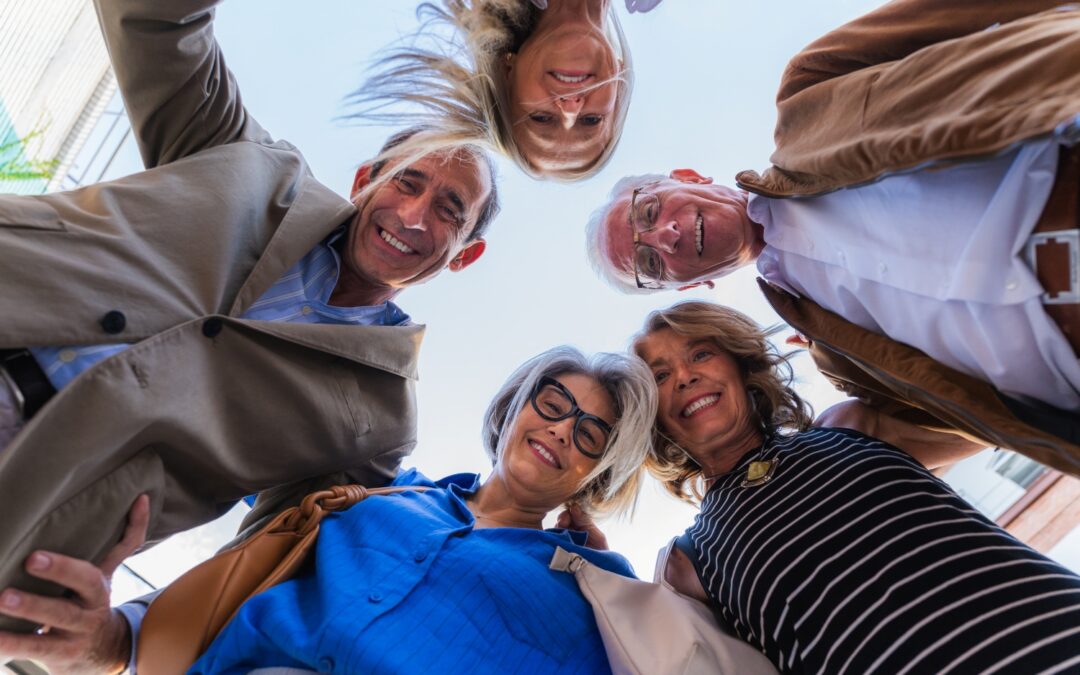
A policy argument for social health in aging.
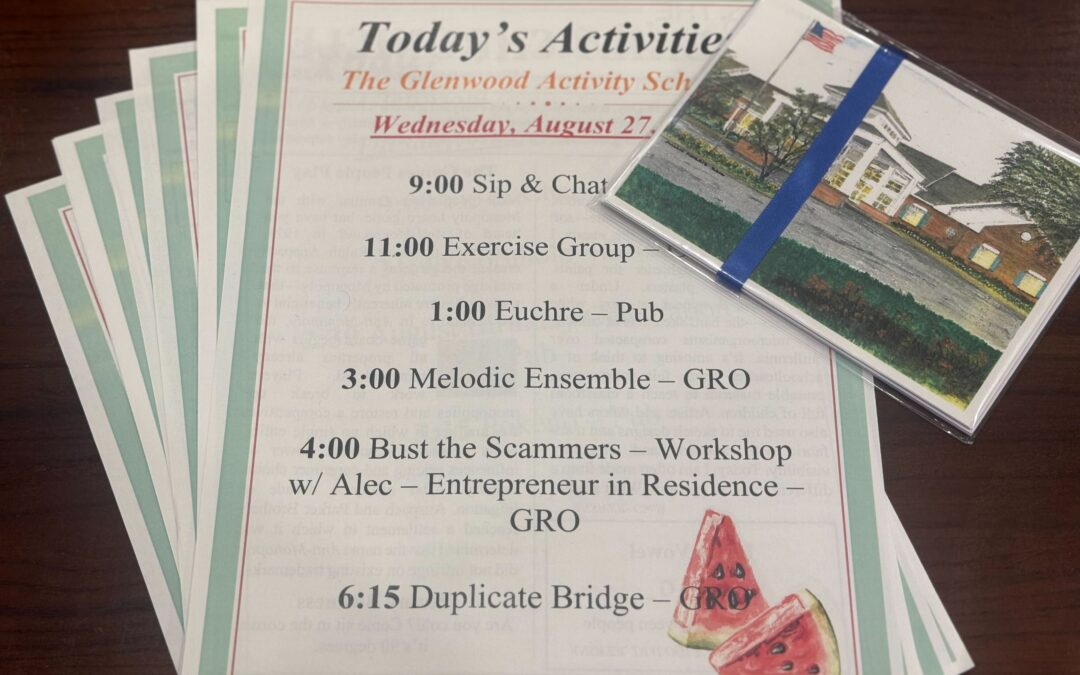
‘None of Glenwood’s energy would exist without the staff who enable, not dictate, daily life.’
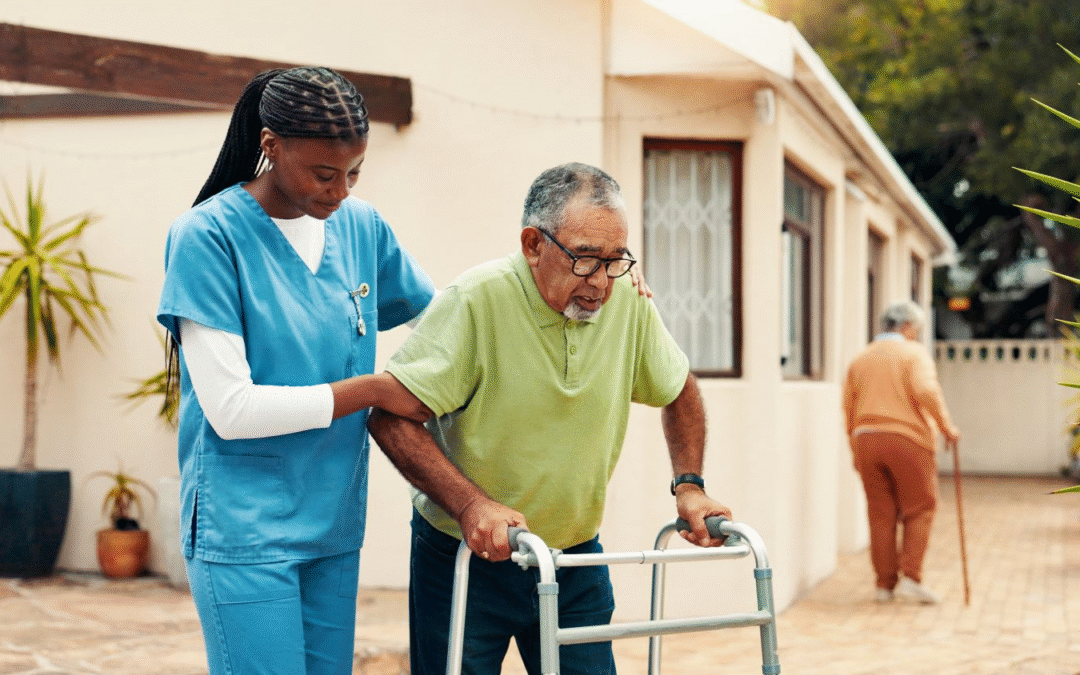
‘We can’t afford to look away from direct care workforce challenges that are both longstanding and compounded by current political trends.’
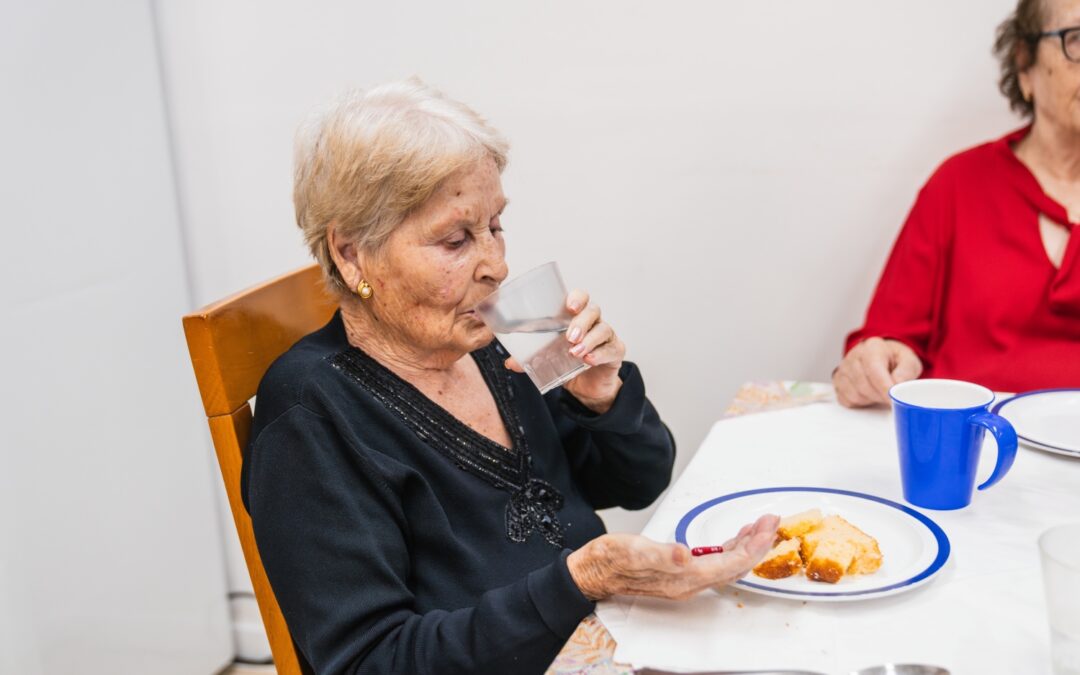
How opioids and psychotropics became a symptom of overmedicalization in our care for the young and old.

Why aging networks must reckon with economic inequities.
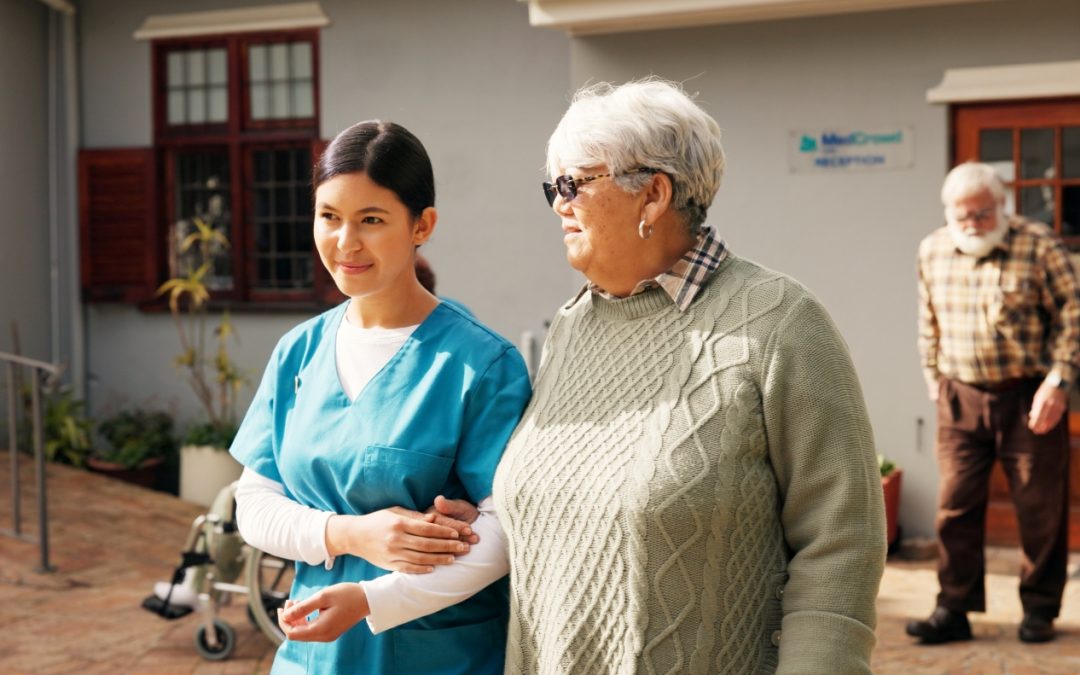
Who are paid caregivers, and how are they impacting our lives?
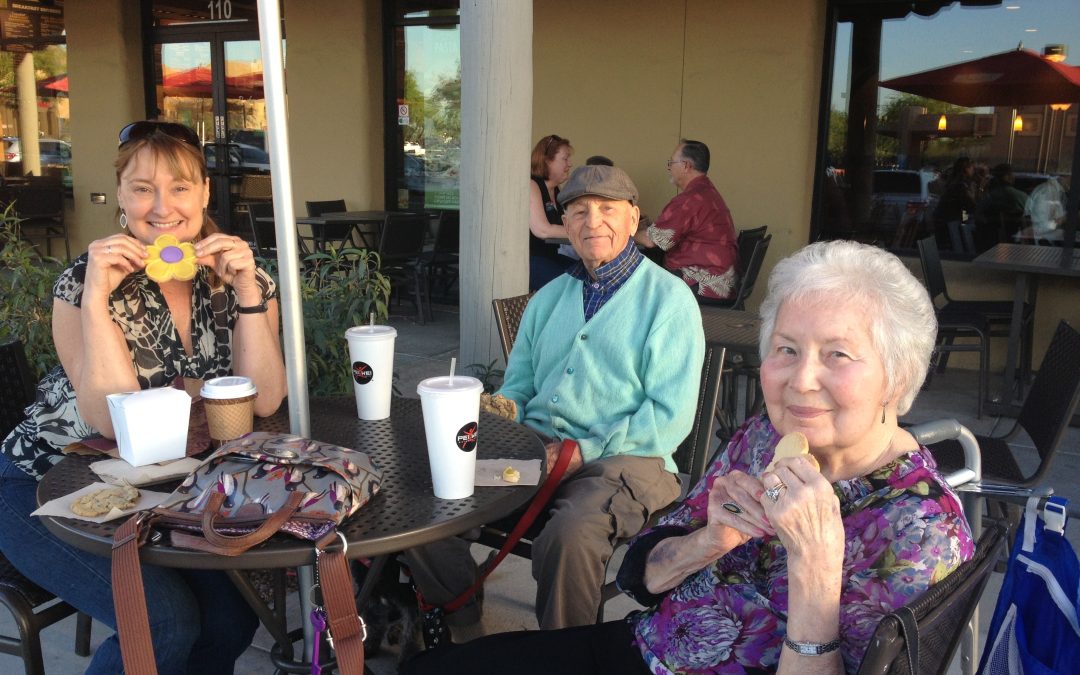
A detailed laying out of who cares for whom, prefaced by the author’s lived experience as a caregiver.
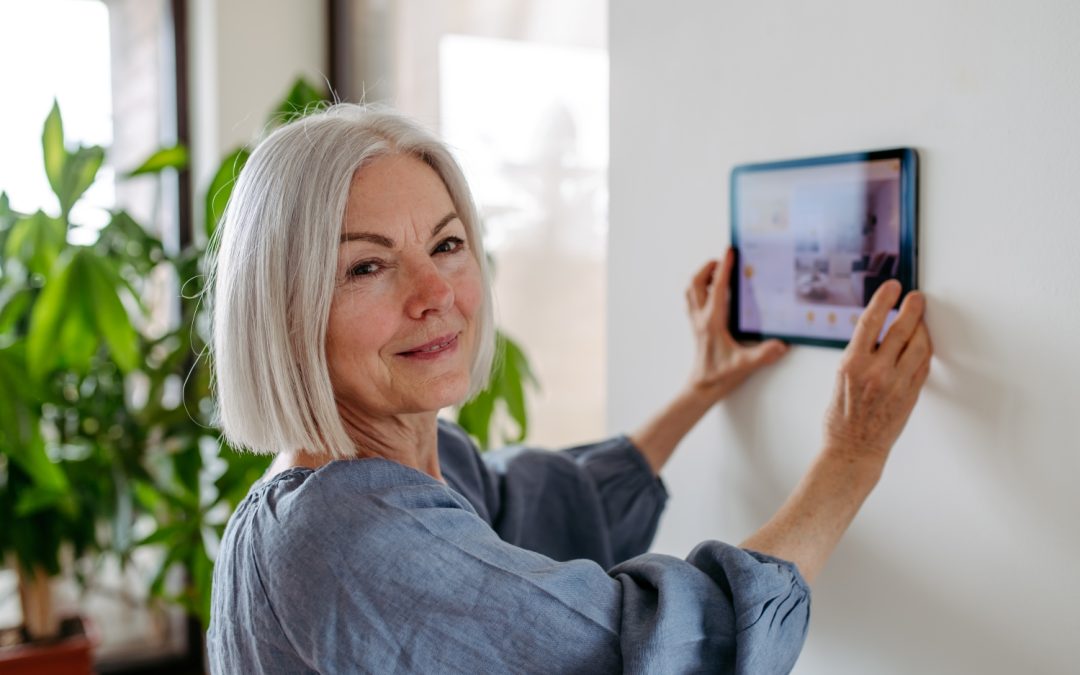
As Medicare funding declines, tech innovators should bring prices more in line with consumer needs.

Pondering the inevitability of needing care, and setting limits.